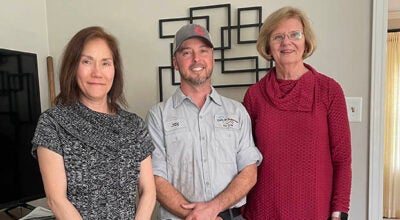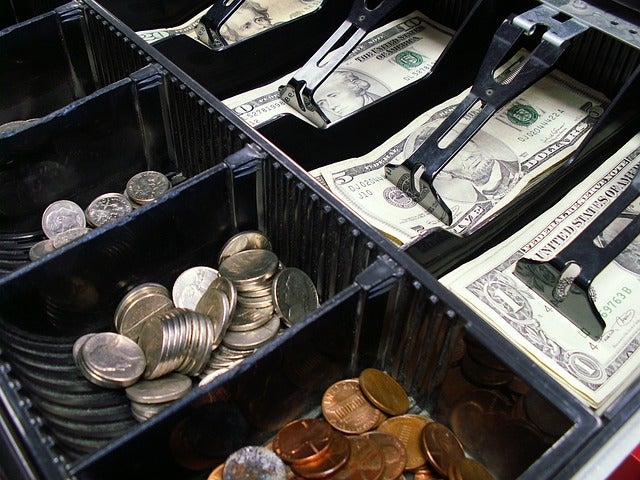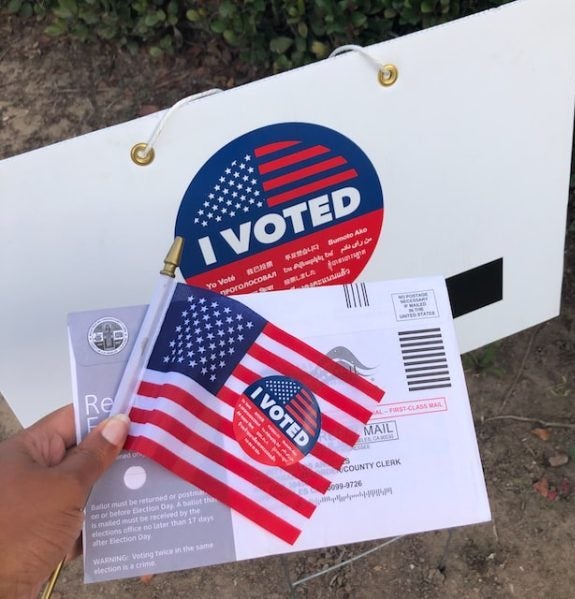Supervisors sign off on tax relief in Prince Edward County
Published 8:32 pm Tuesday, November 1, 2022
|
Getting your Trinity Audio player ready...
|
FARMVILLE – Inflation is driving up vehicle values and the amount people owe on their personal property taxes, with numbers jumping almost double in some cases across the country. The good news is that things will be slightly easier in Prince Edward County this year, after a recent adjustment.
During their Tuesday, Oct. 25 meeting, the Board of Supervisors set this year’s Personal Property Tax Relief (PPTR) percentage at 37.5%, reducing what residents will owe.
What does that mean? In Virginia, cities and counties follow what’s called the Personal Property Tax Relief Act. The state law orders that all localities have to subsidize at least a portion of the taxes owed on the first $20,000 of a vehicle’s assessed value. Each year, the city or county sets their PPTR rate to do this, reducing the final bill owed by a resident.
For example, let’s say a city or county sets the PPTR rate at 24%. That means for a car assessed at a value of $20,000, the resident would owe $684. Then let’s say the next year, the city or county sets the rate at 35%. If the vehicle’s value remains the same, that resident would only pay $585, saving nearly $100.
In Prince Edward County, the PPTR rate was set at 30.5% this year. But after seeing changes happen, especially in the used vehicle market, county officials decided it needed to go up.
Why are used car prices climbing?
This year, prices for used vehicles have climbed, thanks to the continuing inventory shortage. Beginning in 2021, the number of new vehicles available dropped, due to COVID-19 and the global supply chain. According to data from Kelly Blue Book, stores are selling most, if not all of their stock orders months before they arrive on the lot.
With fewer new cars to buy, that’s driven up the selling price and assessed value of used vehicles as well. Kelly Blue Book’s data shows as of April, prices for used vehicles had spiked 28% higher than in 2021. As things slowly get back to normal, that’s changing.
As of Monday, Oct. 31, that price growth was just 11% higher than last year. Still, the latest data from Kelly Blue Book warns it’ll be at least two to three years before the supply chain is fully corrected and things truly get back to normal.
For local residents, that means you can expect a bit of sticker shock on the assessed value of your vehicle at least a while longer.
Who sets the value?
To be clear, Prince Edward officials don’t set that value. By state law, they have to take the value given by the National Auto Dealers Association (NADA). They take the vehicle’s VIN number, type it in and get the value NADA assigns. Then they apply the county’s tax rate to that value, in order to determine how much a person owes.
But over the last month, Prince Edward officials saw the values spiking and made a decision to lend a hand.
“We knew going in that rates are artificially high because used vehicle prices are up,” said Prince Edward County Administrator Doug Stanley. “They’ve been up somewhere in the 20%-30% range.”
And so county officials waited until the Commissioner of the Revenue’s office was done entering all vehicles into their system. Then they crunched the numbers to see how much tax it generated, versus what was budgeted.
“We looked at how much tax we’re going to generate off personal property and that’s $8.1 million,” Stanley said. “And we’ll collect about 85-90% of that, so that would generate anywhere from $6.9 million to $7.3 million.
What does this mean for Prince Edward County?
County staff determined how much extra revenue would come in due to the shortages. That means revenue above what is already planned for in the current budget. Then they presented this proposal to the board of supervisors at their Oct. 25 meeting. Staff suggested that the county increase the PPTR from 30.5% to 37.5%, giving that extra money back to residents.
“Basically, we realize that vehicle values are up,” Stanley said. “The board is trying to offset some of that impact on the taxpayers.”
This means if a car is valued at $20,000, instead of paying $684 in personal property taxes as they would have this year, the same resident will pay $562.50.
Residents will see the change in their next tax bill. As for when that will arrive, here’s the answer.





